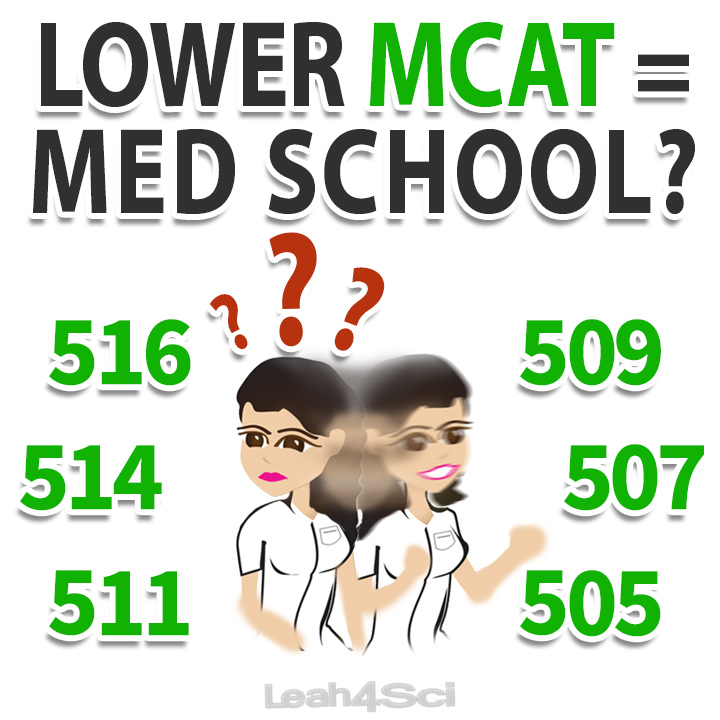
Discover Your Medical School Pathway: Universities Embracing Lower MCAT Scores for Aspiring Healers
In a significant shift away from traditional admissions criteria, a growing number of medical schools are embracing lower MCAT scores as they seek to broaden their applicant pool and identify highly motivated candidates from diverse backgrounds. This move is driven by a recognition that MCAT scores alone are not necessarily indicative of a student’s potential to succeed in medical school and become a compassionate and effective physician.
This trend is particularly encouraging for aspiring healers who may have faced obstacles in their academic journey or who come from underrepresented communities. By focusing less on standardized test scores and more on holistic factors, medical schools are opening doors to individuals who bring unique perspectives and experiences to the field of medicine.
The Changing Landscape of Medical School Admissions
Embracing a Holistic Approach
Medical schools are increasingly recognizing that academic achievement is just one part of the equation when it comes to identifying future physicians. They are now placing greater emphasis on personal qualities such as empathy, resilience, and leadership.
Holistic admissions processes consider a wider range of factors, including an applicant’s extracurricular activities, volunteer experience, and personal statement. This allows medical schools to gain a more comprehensive understanding of each candidate and make more informed decisions.
MCAT Scores: A Less Dominant Factor
While MCAT scores are still a consideration in medical school admissions, they are no longer the sole determinant of a candidate’s eligibility. Medical schools are now setting lower score requirements or even eliminating MCAT cutoffs altogether.
This shift reflects a growing understanding that MCAT scores can be influenced by factors such as socioeconomic status and test-taking anxiety. By de-emphasizing MCAT scores, medical schools are creating a more equitable admissions process.
Benefits of Lower MCAT Score Requirements
Expanding the Applicant Pool
By embracing lower MCAT scores, medical schools are expanding their applicant pool and attracting a more diverse range of candidates. This is particularly important for underrepresented communities, who have historically been underrepresented in the medical profession.
A more diverse medical school class brings a wealth of different perspectives and experiences to the field, which ultimately benefits patients and the healthcare system as a whole.
Identifying Passion and Commitment
Aspiring healers with lower MCAT scores may have overcome significant obstacles in their academic journey. Their perseverance and resilience demonstrate their passion for medicine and their commitment to serving others.
Medical schools are now recognizing that these qualities are essential for success in medical school and beyond.
How to Apply to Medical School with a Lower MCAT Score
Research Medical Schools
Before applying to medical school, it is important to research which schools have lower MCAT score requirements. These schools may have a specific mission or focus that aligns with your interests and goals.
You can also check with the American Association of Medical Colleges (AAMC) for a list of medical schools with flexible admissions criteria.
Highlight Your Strengths
In your application, make sure to highlight your strengths and experiences that demonstrate your potential to be a successful physician. This could include your extracurricular activities, volunteer work, research experience, and personal statement.
Explain how your unique experiences have prepared you for the challenges of medical school and the medical profession.
Conclusion
A More Inclusive and Equitable Path to Medicine
The move by medical schools to embrace lower MCAT scores is a positive step toward creating a more inclusive and equitable path to medicine. By focusing less on standardized test scores and more on holistic factors, medical schools are opening doors to a wider range of talented and dedicated individuals.
Aspiring healers who may have previously felt discouraged by their MCAT scores should be encouraged by this trend. With perseverance, passion, and a commitment to serving others, they can achieve their dream of becoming a physician and making a difference in the world.